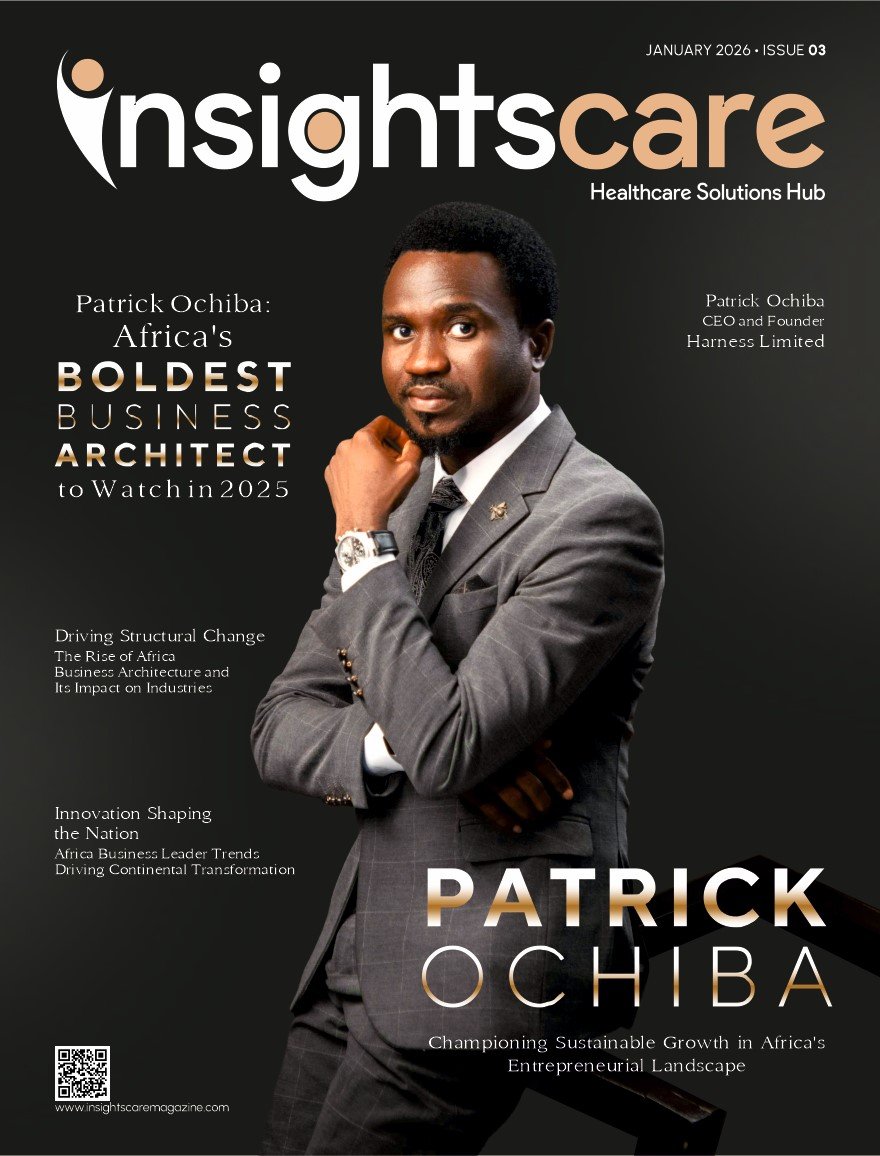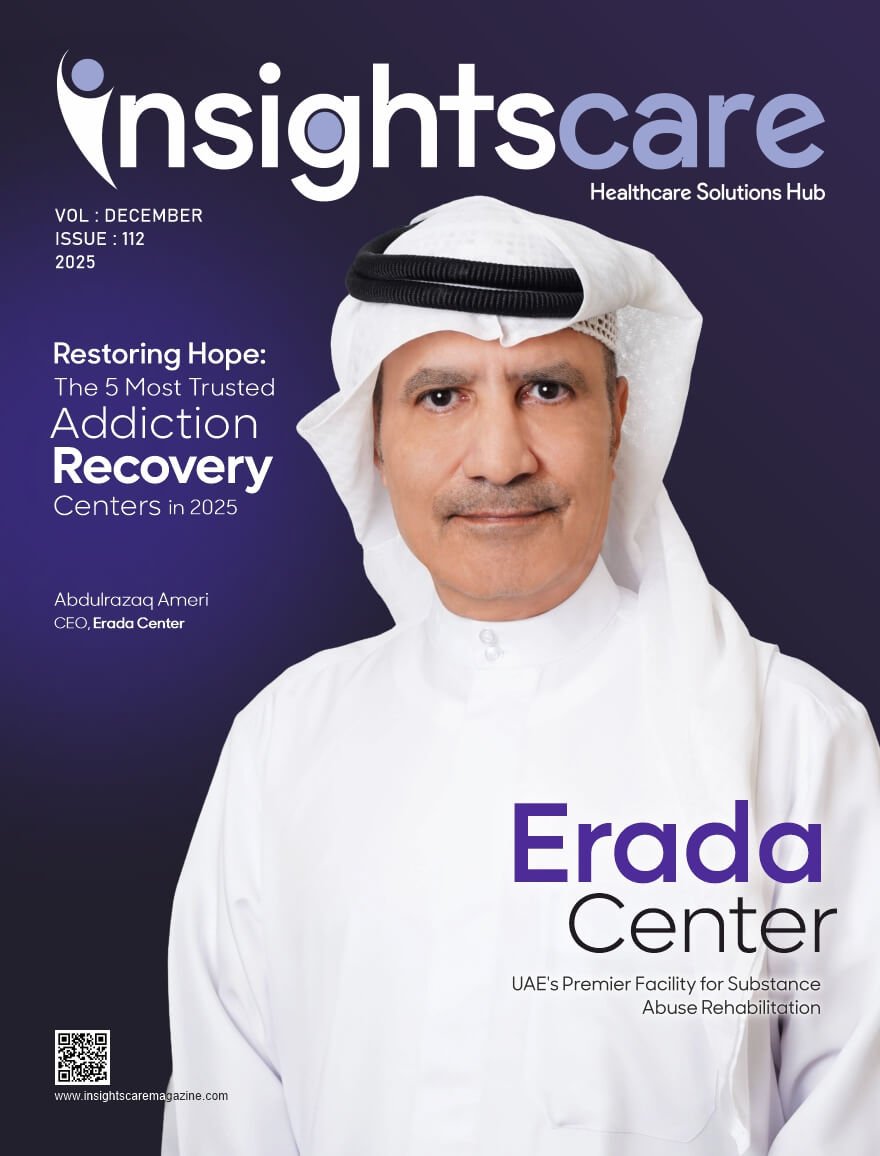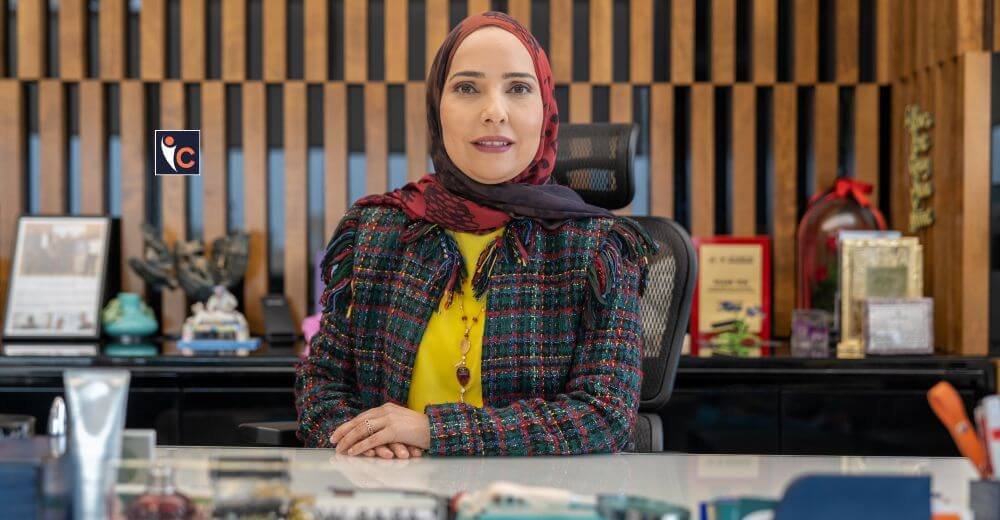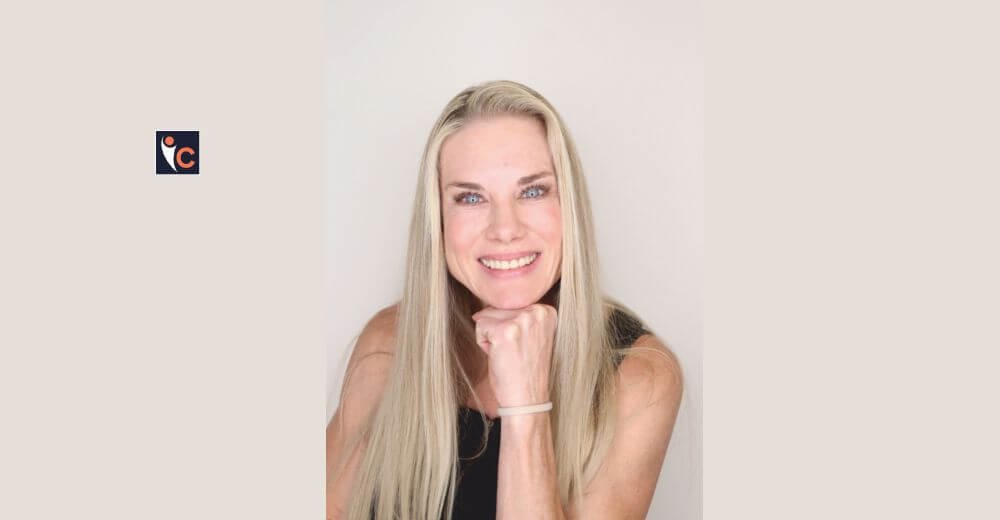Fearless, visionary, and unstoppable—Kit Kline proves that women in leadership aren’t just here to participate; we’re here to transform.
Kit’s story is one of courage and conviction. As the founder of Nature Based Therapy, she has redefined what healthcare can be. After two decades of social work experience and mental health and addiction experience Kit understood that genuine healing surpasses conventional therapeutic approaches. The path to healing lies in forging connections that extend to nature along with our communities and our individual selves.
Kit entered healthcare with an intent to transform its whole structure. She identified substantial gaps specifically within mental health services and addiction care so she initiated strategic actions to address these unmet needs. Her innovative approach combines nature therapy with powerful tools that heal and empower people while bringing something new to modern therapeutic practices.
Her leadership is a perfect mix of passion, resilience, and a belief that things can be better. Kit’s work shows us that when we lead with purpose and heart, we have the power to create lasting change.
Let’s delve into the interview details below!
Can you tell us about your background and what inspired you to pursue a career in healthcare leadership?
I have a background in social work, mental health, and addictions, with over 20 years of experience as a counsellor, clinical supervisor, and educator. My journey into healthcare leadership was not a traditional one—I didn’t start with a goal to become a leader. Instead, I followed my passion for creating meaningful change, particularly in integrating nature-based interventions into healthcare.
I saw firsthand how people struggling with mental health and addiction felt disconnected—not just from society but from themselves. I knew that the traditional system was missing something fundamental: a connection to nature, a recognition of the whole person, and a proactive approach rather than a reactive one. Founding Nature Based Therapy was a leap of faith, but I believed in it. Leadership, to me, has always been about pushing boundaries, rethinking what is possible, and having the courage to challenge outdated systems.
Can you describe a pivotal moment in your career that shaped your leadership style?
One defining moment was my work in Aboriginal health, where I witnessed the power of culturally responsive, community-led healing. I learned that real leadership isn’t about having all the answers—it’s about listening deeply, empowering others, and creating space for different perspectives.
Another pivotal moment was deciding to leave the security of mainstream employment to build my own organization. It was terrifying, but I knew that if I wanted to truly innovate, I had to take risks. That experience taught me that leadership requires courage, adaptability, and a willingness to fail forward. My leadership style is now deeply rooted in these principles—trusting intuition, embracing uncertainty, and believing that every challenge is an opportunity to reimagine what’s possible.
How do you balance the demands of your professional role with your personal life?
Balance isn’t about perfect time management; it’s about being intentional with your energy. For me, nature is non-negotiable. Whether it’s camping, swimming, or simply walking outside, nature recharges me and gives me clarity.
I also think outside the box when it comes to structuring my work. Instead of following a rigid nine-to-five model, I integrate work in a way that aligns with my natural rhythms. Sometimes the best ideas come when I’m not at my desk but out in the world, experiencing life. I also trust my team—leadership isn’t about doing everything yourself but empowering others to step up and contribute.
Most importantly, I’ve redefined success. It’s not just about professional achievements but about how present I can be in my personal life, how much joy I experience, and how aligned I feel with my purpose.
What do you consider to be the most pressing challenge facing healthcare today, and how are you addressing it in your organization?
One of the biggest challenges is that healthcare remains reactive rather than preventative. We wait until people are in crisis rather than equipping them with the tools to maintain well-being. The system is overburdened, understaffed, and outdated.
At Nature Based Therapy, I’m addressing this by rethinking how healthcare is delivered. I advocate for nature-based social prescribing—integrating outdoor interventions, mindfulness, and community support into mainstream healthcare. I also focus on training professionals differently, ensuring they have tools beyond traditional clinical models.
Innovation means challenging norms—we don’t have to keep doing things the way they’ve always been done. It’s time for bold, creative solutions that prioritize connection, prevention, and whole-person healing.
How have you leveraged technology and innovation to improve patient care or healthcare delivery in your role?
While my work is centred around nature, I also recognize the power of technology in expanding accessibility. I’ve developed online training, webinars, and resources to bring nature-based therapy to more professionals and communities.
I’m also launching a YouTube channel to share real, authentic stories from practitioners working with nature as a healing modality. Too often, healthcare is driven by reports and statistics—but human stories connect us in ways data never can.
True innovation isn’t just about adopting new tools—it’s about rethinking how we communicate, learn, and connect. I’m always looking at how technology can enhance—not replace—the human and natural elements of healing.
As a woman in a leadership position, what strategies have you employed to overcome gender-related obstacles in your career?
I’ve faced moments where my voice was overlooked, or my ideas dismissed. Instead of conforming, I leaned into my authenticity—I refused to fit into a leadership mold that didn’t resonate with me.
I also stopped waiting for permission and started creating my own opportunities. If a space didn’t exist for my work, I built it. If I faced resistance, I saw it as confirmation that I was pushing necessary boundaries.
For other women, my advice is: take risks, own your space, and believe in yourself even when others don’t. True leadership isn’t about proving yourself to others—it’s about knowing your worth and acting accordingly.
How do you foster diversity, equity, and inclusion within your organization and the broader healthcare industry?
Diversity isn’t just a checkbox—it’s a fundamental shift in how we approach care, leadership, and decision-making.
I ensure that Indigenous knowledge systems are deeply integrated into my work, recognizing their value alongside Western medical models. I also prioritize training professionals in culturally responsive care, ensuring that people from all backgrounds feel seen and supported.
Beyond my organization, I advocate for systemic change, pushing for policies that elevate marginalized voices and rethink power structures in healthcare. Real inclusion requires courage—it means calling out inequities, having uncomfortable conversations, and being willing to change the way things are done.
What advice would you give to young women aspiring to leadership roles in healthcare?
Think bigger than the system you see in front of you. If something isn’t working, don’t just adapt to it—challenge it.
Trust your intuition. The best leaders aren’t the ones who follow the rulebook; they’re the ones who see a better way and have the courage to pursue it.
Take risks. There’s no perfect moment to step up, no guaranteed roadmap to success. The biggest leaps in my career came when I said yes before I felt ready.
And finally, surround yourself with people who believe in you. Leadership isn’t a solo journey. Find mentors, build a strong network, and never let anyone convince you that you’re dreaming too big. The future of healthcare needs bold, innovative women who aren’t afraid to shake things up.










